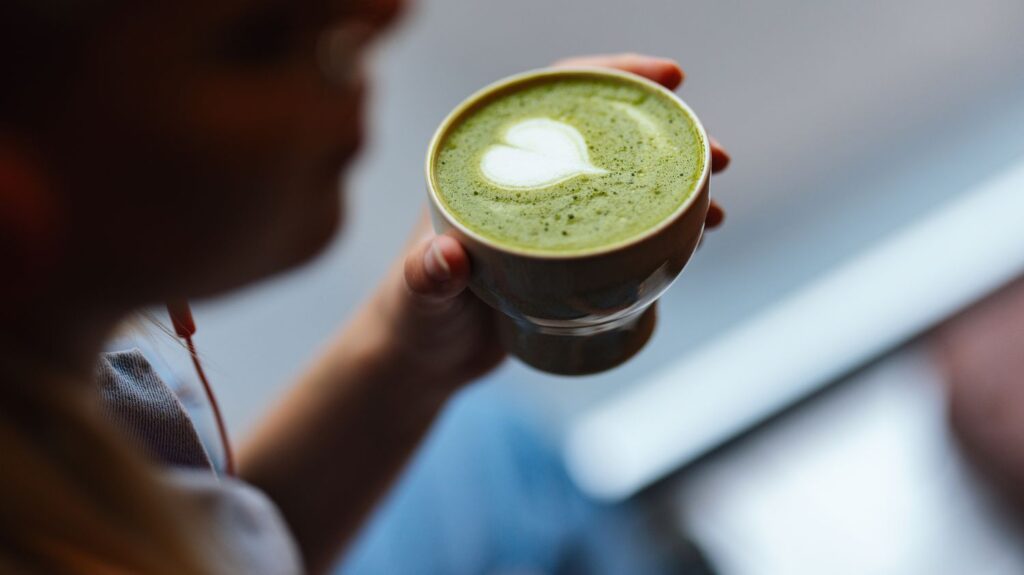The high -end varieties of Matcha are produced in Japan where producers are exceeded by the global popularity of this green tea powder.
/2023/07/07/64a7df4c5fe71_placeholder-36b69ec8.png)
Published
Reading time: 1min
/2025/05/31/gettyimages-1935765864-1-683ac17326ac0394670330.jpg)
Matcha Matcha tea, matcha ice cream, matcha cake or even matcha chicken … We no longer count the recipes based on this green tea powder from Japan. In a magnificent and delicious green, it is rented for its virtues of well-being and for health. But perhaps too much: this Matcha boom is not without consequences for Japanese producers of high-end varieties, who are struggling to follow.
This is the observation made by a producer of this green tea powder, near Kyoto, in Uji, the multisecular cradle of the very popular Uji-Matcha, too popular around the world: “Since the end of the covid, there is a growing demand, but it has exploded downright last year, because the name of our company has been circulating on social networks like Instagram and Tiktok. It went too far.”
To the point that this heir of an old house over 300 years old does not want to mention his name so as not to accentuate the phenomenon: “The one year production that we sell over a year may be exhausted before, so we restrict sales and deliveries.”
Not all matchas are affected by this sudemande which has become problematic, but mainly the high -end, that of the locality of Uji: “The Japanese matcha, and especially that of Uji, surpasses all the others and the customers have noticed it, so they want it.” And because of this fame affected by this UJI-MATCHA, producers must also fight against counterfeits.


